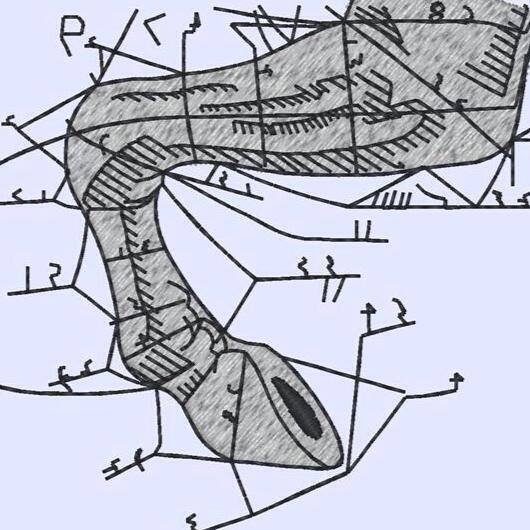
Equine Health Resources
What are your standard vaccination and worming protocols?
Spring Vaccines:
Eastern/Western encephalomyelitis
Tetanus
Influenza/Rhinopneumonitis (booster every 90 days)
West Nile Virus
Potomac Horse Fever
Rabies
Summer Vaccines:
Influenza/Rhinopneumonitis
(only for horses that have a heavy show schedule or travel frequently)
Fall Vaccines:
West Nile Virus
Potomac Horse Fever
Influenza/Rhinopneumonitis
Winter Vaccines:
Influenza/Rhinopneumonitis
(only for horses that have a heavy show schedule or travel frequently)
Optional Vaccinations:
Strangles
Botulism
Lyme disease
Deworming
We recommend a fecal exam in the spring and fall to establish an appropriate deworming program for your horse and monitor its effectiveness. All horses should be dewormed according to fecal exam results. This allows us to avoid the overuse of anti-parasitic drugs and to discourage the development of further parasite resistance.
Emergencies
What is an emergency?
Serious lacerations
Significant bleeding
Colic or acute diarrhea
Non-weight bearing lameness
Eye Injuries
Neurologic signs - head pressing, stumbling, circling, weakness
Esophageal obstruction
Fever
Rapid or strained breathing at rest
